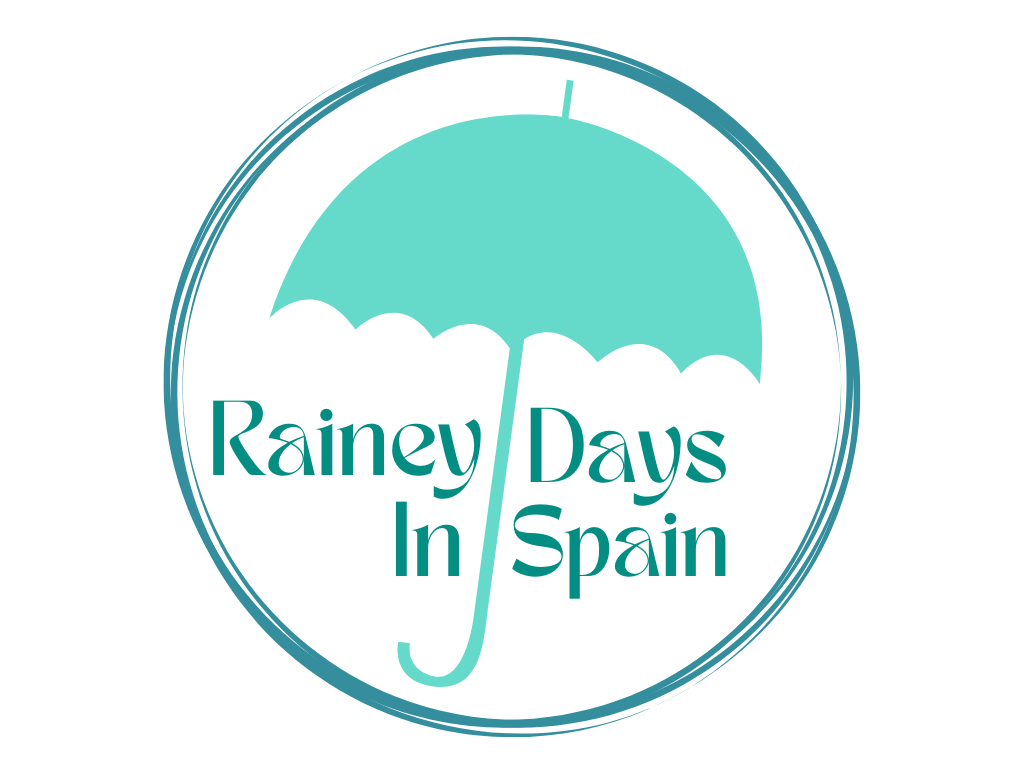Coffee and Grace
Coffee is an important part of French culture. First thing every morning as we each arrive at work, the call goes out “Who wants coffee?” and after a quick count of hands, someone starts up our fancy-schmancy coffee machine. Our new building isn't even furnished yet, but the coffee/espresso machine was one of the first purchases for our break room. The day we bought it, my colleague Weléli read all the directions in depth, walking us all through the process of making espresso. As the machine hummed and frothed, we all held our breath in anticipation of the first taste of liquid happiness.
Of course, that is just the morning cup of coffee. There is also the after-meal cup of coffee, which is the final course of any civilized lunch or dinner. It is appropriate to offer coffee to every visitor who stops by our office as well, so our machine gets a good workout every day. Now that weather is getting colder, my colleagues want to make coffee more and more and I’ve had to limit myself, because I don’t need all that caffeine.
In general, the French drink espresso and call it coffee. It is black and served with sugar and a tiny square of dark chocolate on the side. No one puts milk in their coffee and certainly no one drinks those pansy “flavored” coffees! "Ce n'est pas du vrai café, ça!” (That's not real coffee!)Coffeemate would be the ultimate insult to the French. So I keep my milk-weakened, hazelnut-flavored pansy coffee to myself at home, where no one can see how I corrupt th eir brew! At the office, my colleagues have long discussions about brands, types, strengths, and qualities like true connoisseurs. The limits of my coffee opinions are these: I don’t like instant, but I’ll drink it. I prefer Dunkin’ Donuts brand when I can get it, but if not, oh well. And the only thing I ever order in Starbucks is a caramel macchiato, which is way more about the caramel and whipped cream than it is about the coffee! For me and my uneducated tastes, coffee’s coffee.
eir brew! At the office, my colleagues have long discussions about brands, types, strengths, and qualities like true connoisseurs. The limits of my coffee opinions are these: I don’t like instant, but I’ll drink it. I prefer Dunkin’ Donuts brand when I can get it, but if not, oh well. And the only thing I ever order in Starbucks is a caramel macchiato, which is way more about the caramel and whipped cream than it is about the coffee! For me and my uneducated tastes, coffee’s coffee.
I heard someone recently compare sin to a cup of coffee. Made with the purest water, the most expensive, tastiest coffee beans, in a cup of the finest porcelain, the coffee would still be an insult to our guest, if we spit in it first. When we offer our lives to God, no matter what good things we may have done, believing ourselves to be “good people,” our sin is like the spit that ruins the rest of it. It is an insult to a holy God. (I used this example last weekend at the evangelism seminar, miming all the actions as I spoke. When I mimed spitting into someone's coffee, the French all gasped in horror. It was quite dramatic for them!)
I’ve been thinking about the concept of the Old Testament sacrifices recently, since I’m reading in the Major Prophets right now. Over and over, God rebukes the nations of Israel and Judah for offering their sacrifices without a changed heart. They paid lip service to God, while also paying homage to idols. They hardened their hearts against God, but showed up at the temple anyway, offering sacrifices as a means of appeasement or even worse, bribery for God’s favor.
Sometimes I feel that modern Christians have neither an adequate understanding of the holiness of God nor a sense of how offensive our sin is before the Lord. It seems so easy to just ask forgiveness, and then go right back out and do it again. While reading the Old Testament, I started thinking, “You know, if I had to go to the temple and offer an actual sacrifice, including the financial cost of an animal, maybe it would make me more aware of my sin, and help keep me from habitual sins.” It would certainly be a more visual, more concrete way of recognizing what grieves God’s heart. Not that I am advocating some weird new cult, but I was just meditating on how today’s Christians seem to live in an era of “cheap grace” compared to the Old Testament Jews.
Then Isaiah and Jeremiah reminded me that the secret was never in the process of the sacrifice (man, so much for my cult!). Obviously, the financial cost of the sacrifice didn’t strain them enough to stop their sin, and the hassle of going all the way to the temple and engaging a priest to sacrifice for them didn’t seem to stop them either. It became rote all too quickly. Regardless of the tactile, concrete steps of sacrifice, they wanted “cheap grace” too.
At the end of all my meditations on coffee, sin, and sacrifice, I am reminded of the powerful psalm that David wrote that modeled a true concept of sin and his offense before the Lord: “The sacrifices of God are a broken spirit; a broken and contrite heart, O God, you will not despise.” (Ps. 51:17).
*Special thanks to my mother who sends me flavored Coffeemate
Of course, that is just the morning cup of coffee. There is also the after-meal cup of coffee, which is the final course of any civilized lunch or dinner. It is appropriate to offer coffee to every visitor who stops by our office as well, so our machine gets a good workout every day. Now that weather is getting colder, my colleagues want to make coffee more and more and I’ve had to limit myself, because I don’t need all that caffeine.
In general, the French drink espresso and call it coffee. It is black and served with sugar and a tiny square of dark chocolate on the side. No one puts milk in their coffee and certainly no one drinks those pansy “flavored” coffees! "Ce n'est pas du vrai café, ça!” (That's not real coffee!)Coffeemate would be the ultimate insult to the French. So I keep my milk-weakened, hazelnut-flavored pansy coffee to myself at home, where no one can see how I corrupt th
 eir brew! At the office, my colleagues have long discussions about brands, types, strengths, and qualities like true connoisseurs. The limits of my coffee opinions are these: I don’t like instant, but I’ll drink it. I prefer Dunkin’ Donuts brand when I can get it, but if not, oh well. And the only thing I ever order in Starbucks is a caramel macchiato, which is way more about the caramel and whipped cream than it is about the coffee! For me and my uneducated tastes, coffee’s coffee.
eir brew! At the office, my colleagues have long discussions about brands, types, strengths, and qualities like true connoisseurs. The limits of my coffee opinions are these: I don’t like instant, but I’ll drink it. I prefer Dunkin’ Donuts brand when I can get it, but if not, oh well. And the only thing I ever order in Starbucks is a caramel macchiato, which is way more about the caramel and whipped cream than it is about the coffee! For me and my uneducated tastes, coffee’s coffee.I heard someone recently compare sin to a cup of coffee. Made with the purest water, the most expensive, tastiest coffee beans, in a cup of the finest porcelain, the coffee would still be an insult to our guest, if we spit in it first. When we offer our lives to God, no matter what good things we may have done, believing ourselves to be “good people,” our sin is like the spit that ruins the rest of it. It is an insult to a holy God. (I used this example last weekend at the evangelism seminar, miming all the actions as I spoke. When I mimed spitting into someone's coffee, the French all gasped in horror. It was quite dramatic for them!)
I’ve been thinking about the concept of the Old Testament sacrifices recently, since I’m reading in the Major Prophets right now. Over and over, God rebukes the nations of Israel and Judah for offering their sacrifices without a changed heart. They paid lip service to God, while also paying homage to idols. They hardened their hearts against God, but showed up at the temple anyway, offering sacrifices as a means of appeasement or even worse, bribery for God’s favor.
Sometimes I feel that modern Christians have neither an adequate understanding of the holiness of God nor a sense of how offensive our sin is before the Lord. It seems so easy to just ask forgiveness, and then go right back out and do it again. While reading the Old Testament, I started thinking, “You know, if I had to go to the temple and offer an actual sacrifice, including the financial cost of an animal, maybe it would make me more aware of my sin, and help keep me from habitual sins.” It would certainly be a more visual, more concrete way of recognizing what grieves God’s heart. Not that I am advocating some weird new cult, but I was just meditating on how today’s Christians seem to live in an era of “cheap grace” compared to the Old Testament Jews.
Then Isaiah and Jeremiah reminded me that the secret was never in the process of the sacrifice (man, so much for my cult!). Obviously, the financial cost of the sacrifice didn’t strain them enough to stop their sin, and the hassle of going all the way to the temple and engaging a priest to sacrifice for them didn’t seem to stop them either. It became rote all too quickly. Regardless of the tactile, concrete steps of sacrifice, they wanted “cheap grace” too.
At the end of all my meditations on coffee, sin, and sacrifice, I am reminded of the powerful psalm that David wrote that modeled a true concept of sin and his offense before the Lord: “The sacrifices of God are a broken spirit; a broken and contrite heart, O God, you will not despise.” (Ps. 51:17).
*Special thanks to my mother who sends me flavored Coffeemate
